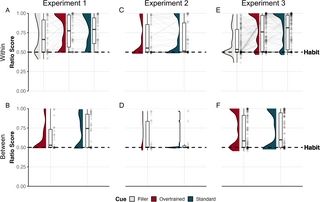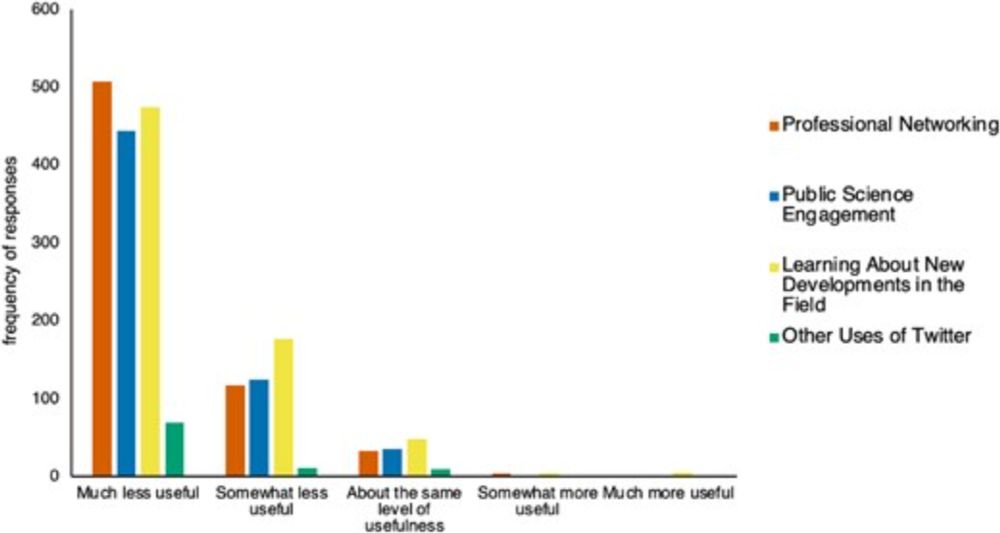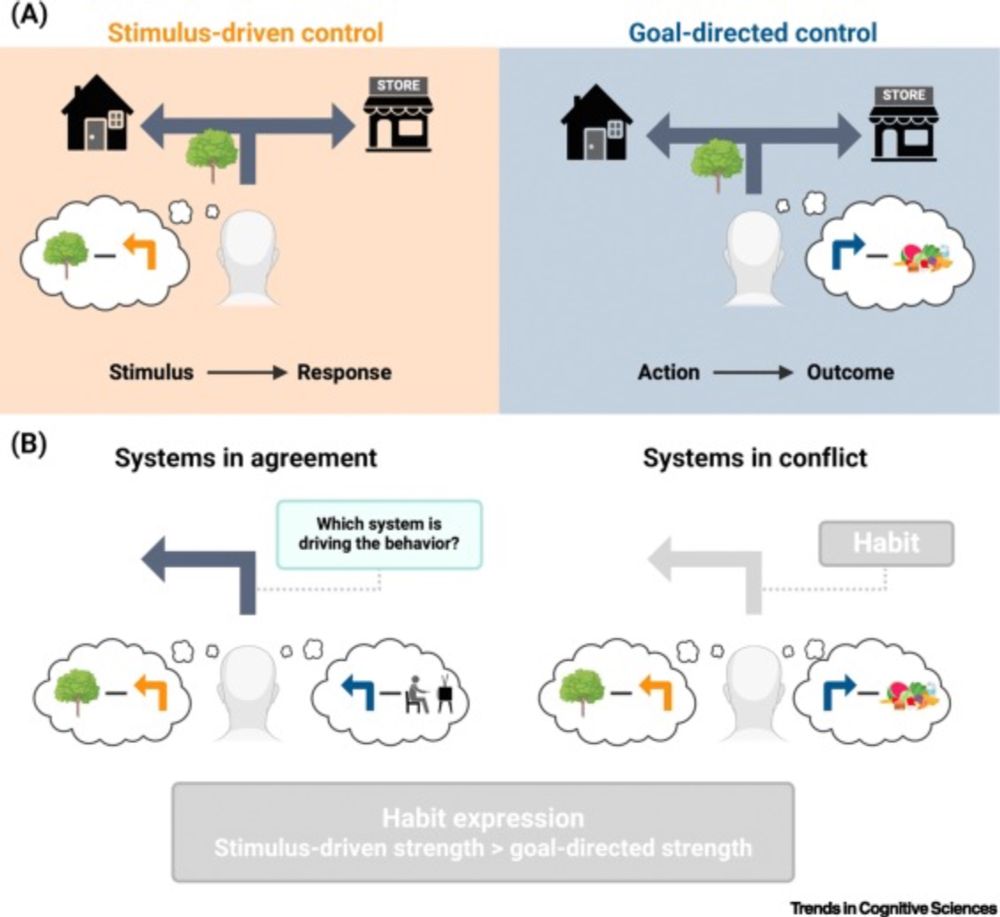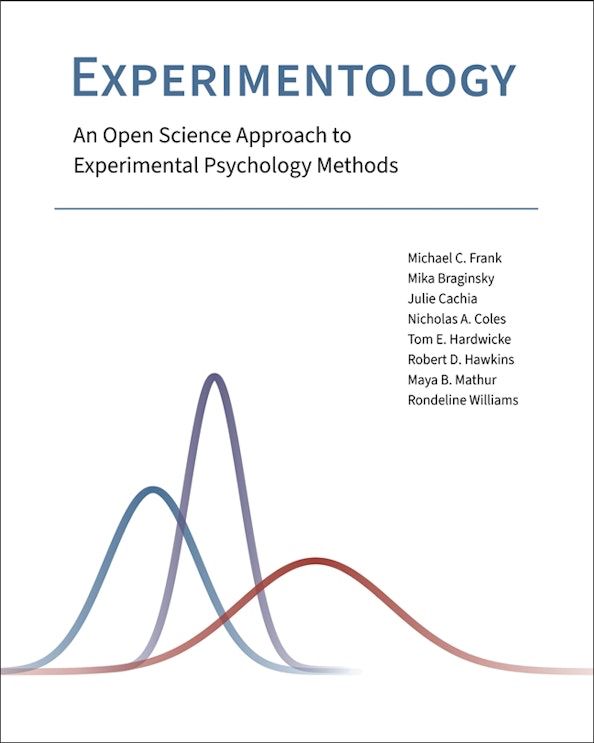
Do time constraints reveal habitual behaviour? 🤔 We directly compared two major paradigms in the habit research field (Outcome Devaluation vs Response Remapping) under identical training and forced-response conditions 🧠 ⏲️ ⌨️
preprint: osf.io/preprints/ps...


Thrilled to see this article with @ruimata.bsky.social out. We discuss how LLMs can be leveraged to map, clarify, and generate psychological measures and constructs.
Open access article: doi.org/10.1177/0963...

Thrilled to see this article with @ruimata.bsky.social out. We discuss how LLMs can be leveraged to map, clarify, and generate psychological measures and constructs.
Open access article: doi.org/10.1177/0963...
Paper: arxiv.org/pdf/2509.08825




psycnet.apa.org/record/2026-...
Preprint with final version: osf.io/preprints/ps...
1/n

psycnet.apa.org/record/2026-...
Preprint with final version: osf.io/preprints/ps...
1/n
We surveyed over 800 scientists, science communicators, and science educators who use social media.
Conclusion: Scientists no longer find Twitter useful or pleasant, and many have switched to Bluesky! 🧪🌎🦑
doi.org/10.1093/icb/...

We surveyed over 800 scientists, science communicators, and science educators who use social media.
Conclusion: Scientists no longer find Twitter useful or pleasant, and many have switched to Bluesky! 🧪🌎🦑
doi.org/10.1093/icb/...
Why do some people get stuck doing things that no longer make sense, or are even harmful? Our new study shows compulsivity isn’t just about weakened goal-directed control; people high in compulsivity also form stronger habits
📄: osf.io/preprints/ps...
#PaperFairy #Habits #CogSci
www.cell.com/trends/cogni...

www.cell.com/trends/cogni...
Why do some people get stuck doing things that no longer make sense, or are even harmful? Our new study shows compulsivity isn’t just about weakened goal-directed control; people high in compulsivity also form stronger habits
📄: osf.io/preprints/ps...
#PaperFairy #Habits #CogSci
Why do some people get stuck doing things that no longer make sense, or are even harmful? Our new study shows compulsivity isn’t just about weakened goal-directed control; people high in compulsivity also form stronger habits
📄: osf.io/preprints/ps...
#PaperFairy #Habits #CogSci
The paper was retracted yesterday—here a little summary of the process.🧵
The paper was retracted yesterday—here a little summary of the process.🧵




Do time constraints reveal habitual behaviour? 🤔 We directly compared two major paradigms in the habit research field (Outcome Devaluation vs Response Remapping) under identical training and forced-response conditions 🧠 ⏲️ ⌨️
preprint: osf.io/preprints/ps...
Do time constraints reveal habitual behaviour? 🤔 We directly compared two major paradigms in the habit research field (Outcome Devaluation vs Response Remapping) under identical training and forced-response conditions 🧠 ⏲️ ⌨️
preprint: osf.io/preprints/ps...


